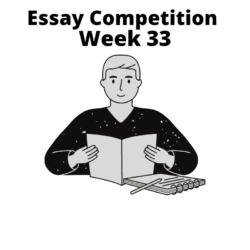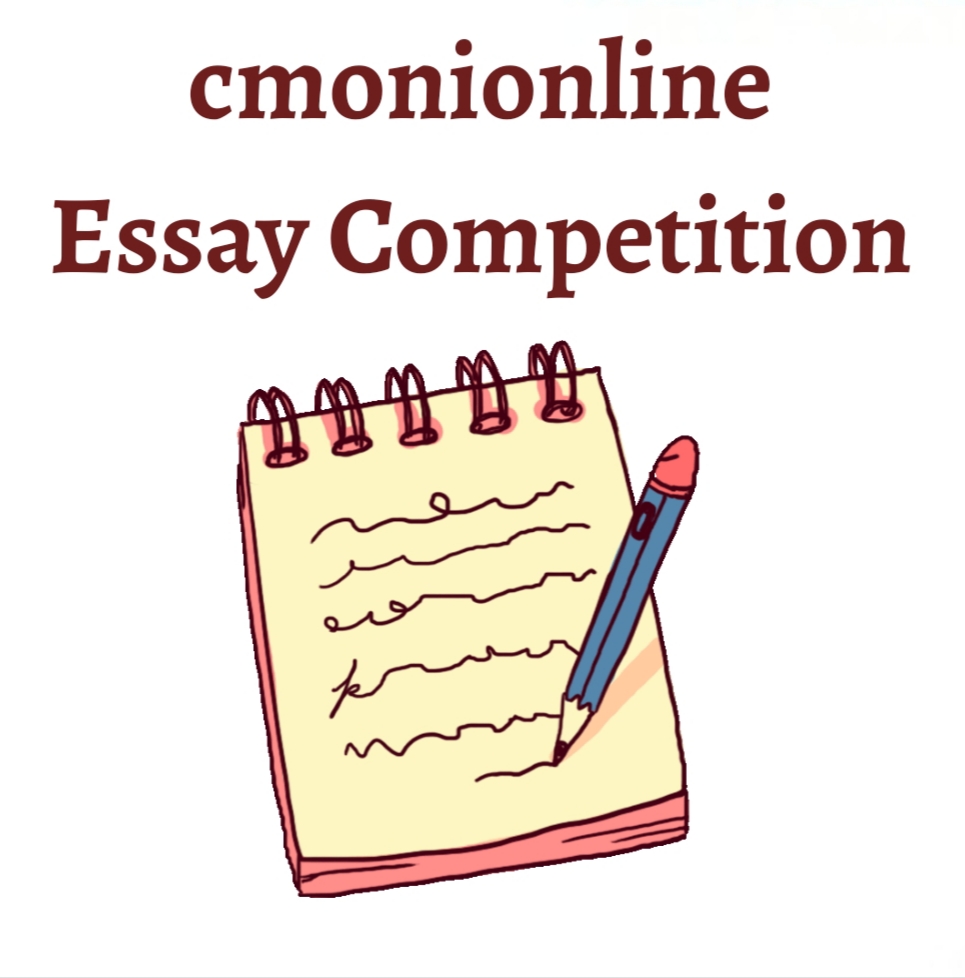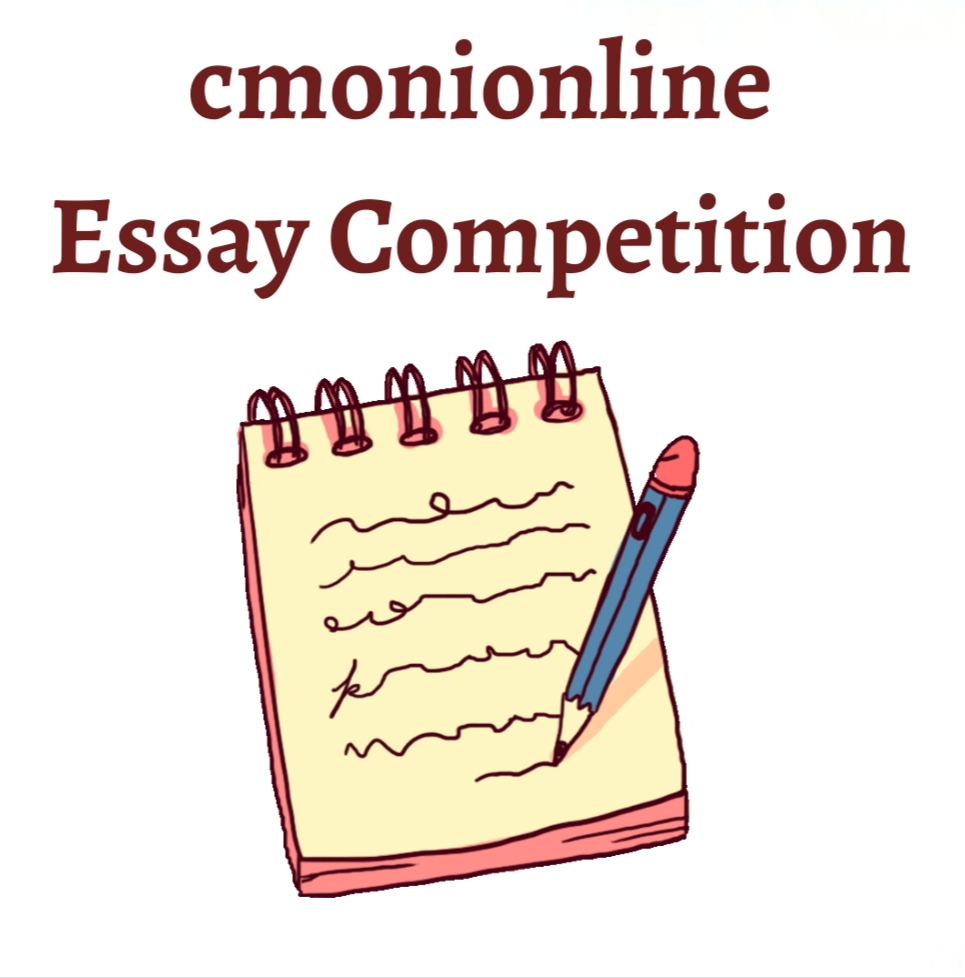Imagine seeing the world through the eyes of a favourite author amidst a bar of chocolate… Goodness! Not sure if it’s the smell of the book or the excitement of turning the pages – especially for a thriller… oh… what a euphoria! Be it for fun, relaxation, enjoyment, knowledge acquisition, or personal development; a reading culture has come to stay!
It was the great bastion of empiricist natural philosophy, Francis Bacon, that said, “knowledge is power.” There is no gainsaying that the sure way to knowledge acquisition is by reading – by having a good reading culture. Therefore, once you have it, the power is in your hands; the power to rule your world with the knowledge so garnered. With this, the tone for this essay is set already.
Learning Objectives
At the end of this essay, the reader will be able to:
- Understand what reading culture is all about
- Explain ways to improving it
To achieve these objectives, the essay defines reading culture. It presents an in-depth analysis of the reading culture in Nigeria. In the process, the essay establishes a dearth in reading culture amongst Nigerians, albeit exposing its effects and causes. It, therefore, challenges everyone on the need to improve their reading culture. Winding down on the essay, thoughts on how to improve our reading culture would be stimulated.
Happy Reading!
Reading Culture; What Does it Mean?
It refers to the habitual and regular reading of books and informational materials [1]. It is a learned practice of seeking knowledge, information, or entertainment through the written word [2]. Being a learned practice, it implies that the act is deliberately cultivated and nurtured. From old magazines to digital inscriptions, to novels, motion texts, random pamphlets, the Holy books, and even G. F Handel’s musical scores; the culture/habit of reading knows no boundaries. Everything one reads presents an opportunity to learn a new thing and explore new frontiers of ideas. The reading culture in Nigeria has been rated low on several occasions. But the desire is that more people come to acquire a good and deliberate reading culture.
The Dearth of Nigeria’s Reading Culture – any Implication(s)?
The immediate implication is that Nigeria finds itself as one of the countries in the world with the least reading culture as rated by the World Culture Score Index. Available statistics from National Commission for Mass Literacy, Adult and Non-Formal Education show that 38% of Nigerians are non-literate, as four in ten primary school children cannot read for comprehension [3]. According to the World Culture Statistics, only two African countries were listed amongst countries that are reading. These countries are South Africa and Egypt. Nigeria was not listed [4]. Once upon a time, Nigeria boasted of the best set of authors and publishers in Africa. Then, reading was appealing to both young and old. This reflected so much on the quality of leadership and civil discipline in Nigeria at the time. Regrettably, this is not the case today, and it presents a weird challenge the country seems to turn a blind eye to. Hence, the need for the essay titled, “Bring back our reading culture.”
A review of extant literature discloses that about 30 million people have graduated from secondary school with poor reading culture. Also, available statistics show that about 40% of Nigerian adults never finish reading a play or a novel from cover to cover after leaving school. Poor reading culture is therefore the reason many students are school dropouts. Of the 20 million children who were out-of-school worldwide in 2017, 10.5 million of them were from Nigeria [5].
These scary statistics leave a lot to worry about already. Yet the effects of a reading culture decline on the society and the individual are quite telling. At the societal level, it creates a knowledge gap and stunts development. A society with a poor reading culture is likely to have leadership crises because of the paucity of knowledgeable leaders. At the individual level, it impedes personal development and success in life. Truly, the effects of a dearth in reading culture are just precarious and quite unending.
How Then Did We Get to This Precarious State?
A defective educational system in Nigeria has been indicted. The culture of reading to only pass examination becomes a fallout of this defect. The implication is that students would go on to pass examinations, without acquiring the requisite knowledge. Teachers even add insult to injury. Since they prefer the “garbage in, garbage out” kind of answers to examination questions, the result is that students who could cram a handbook of lecture notes and quoting them verbatim get first-class honours upon graduation. This defective system only makes reading culture tailor-made for passing examinations rather than for knowledge acquisition. Little wonder the saying, “examination is never the true test of knowledge.” Can you now agree more?
The absence or lack of well-equipped and functional libraries in Nigeria also takes some blame. These libraries (especially public and school) are badly funded and witness a shortage of books and other reading resources to sustain or ignite the reading culture amongst citizens.
Biting economic realities is another factor negatively affecting reading culture amongst Nigerians. A Nigerian recently said, “The time I’d sit down to read, I’d rather deploy that time to ‘hustle’ just to make sure I put food on the table for my family.” Now, isn’t this quite revealing? A lot of Nigerians live below the poverty line. That’s just the case. The outcome is that they hardly devote time to reading; so much so that it’s considered a distraction from daily economic survival. Even the little demography that read, lacks the patience and disposition to do so lately. They have thrown in the towel and this reek of their identity.
Any Way Forward?
Improving and raising the reading culture of Nigerians involves catching the citizens young. An Igbo adage says, “anaghi amu aka ekpe na nka…” translated to mean, “changing someone’s habit at old age remains a tough call.” This is why concerned stakeholders must take the reading culture gospel to young people. This can happen through book clubs in schools. The more interactive option of book clubs where like-minded individuals network and exchange ideas won’t be a bad idea. When their passion for reading is ignited at that early stage, then, it becomes a lot easier to build a good reading culture.
In the meantime, the role of teachers as change agents and role models must begin to be projected. A Latin maxim goes thus, “nemo dat quod non habet,” translated to mean, “you cannot give what you don’t have.” Teachers must realise that they cannot shape children into avid readers if they are bereft of good reading culture to help children build their own reading identity.
Improved reading culture can also be propelled through improved funding and infrastructure for public libraries. It is expected that there should be a policy on budgeting for public libraries so that they can inspire citizens into reading. Non-Governmental Organizations (NGOs) and private individuals should also be encouraged to contribute to library development in Nigeria. This is because the government certainly cannot do it alone. In the meantime, any effort to improve reading culture by bringing back the books must remember to look the way of publishers and address the peculiar challenges facing publishing industries in Nigeria.
Corporate organizations must rise above just business and profit-making to take their Corporate Social Responsibility (CSR) seriously. They can consider supporting initiatives whose long-term benefits involve building a literate society. This can come via essay competitions to promote reading culture amongst citizens. Individuals who are passionate about creating a knowledgeable society can also think in this direction. To this end, the Cmonionline weekly essay competition should never fall short of immense commendation. The competition no doubt has shown promise and is boldly taking the front seat in the drive to return the country into a reading nation. For more details about the essay competition, wouldn’t you rather visit “cmonionline.com?”
While it is pretty glaring that insecurity has become ubiquitous in the country, there is no denying the fact that it has been of greater proportion in those regions with the worst literacy levels. The connection between literacy and national security, therefore, becomes established. This is why the Nigerian government must begin to realize that overcoming illiteracy and ignorance through improved reading culture and condition will form the precursor of accelerated national development and emancipation.
Conclusion
“To acquire the habit of reading is to construct for yourself a refuge from almost all the miseries of life.” — W. Somerset Maugham. To this end, we must begin to show a deep willingness to read and grow in the process. We should grow our reading cultures to be fun, enjoyable, and transformational activities that positively impact our lives. With this kind of mindset, we’ll get it right; we’ll bring back our reading culture. Yes, we will!
References
[1] J. C Ogugua et al., (2015), “Developing a reading culture in Nigerian Society: Issues and Remedies,” Journal of Research in National Development, DOI:10.4314/JORIND.V1311 [2] https://www.igi-global.com/dictionary/ [3] https://mackivconsult.org/reawakening-the-reading-culture-in-nigeria/ [4] https://dailynigerian.com/nigeria-ranks-low-in-world-reading-culture-statistics/ [5] Innocent Otache (2020), “Poor reading culture in Nigeria the way forward,” African Journal of Social Sciences and Human Research, Volume 3, Issue 4, 2020 (pp. 25-37)
Emmanuel Oluka is a graduate of Electronic and Computer Engineering from the Nnamdi Azikiwe University, Awka, Anambra State. He is a research enthusiast and a passionate writer. He writes in from Enugu and can be reached via “write2oluka@gmail.com”








